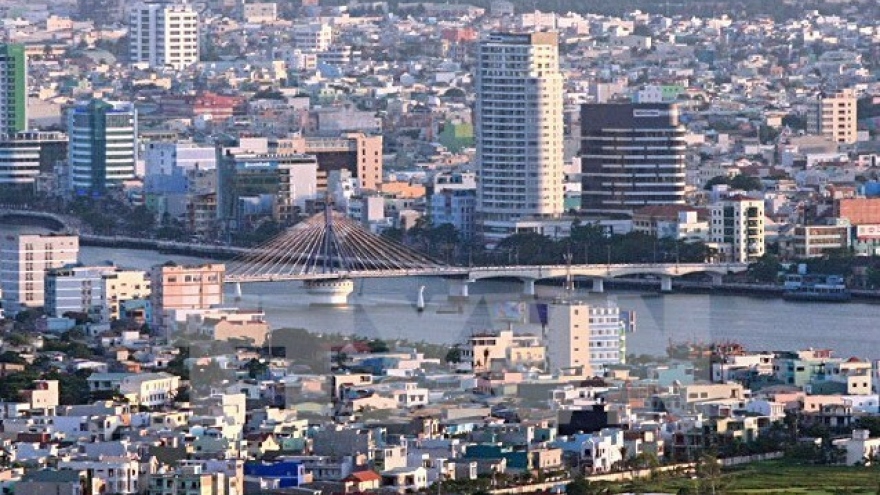Soc Trang works to tape coastal economic strengths
Bestowed with more than 72 kilometres of coast and three estuaries, the Mekong Delta province of Soc Trang has built a master plan to develop its coastal economy until 2020 with vision until 2030.
 |
Per the plan, four coastal localities including Vinh Chau town and Tran De, Long Phu and Cu Lao Dung districts will be zoned off to form a marine economic region, covering 1,182 square kilometres. Its core activity will be to develop seaports for import-export activities.
The province is asking for the Prime Minister’s approval to construct a deep-water seaport in the locality and encouraging investors with strong financial capacity to get involved in the project.
The province will prioritise connectivity among the seaport system, urban areas, industrial parks and tourism sites along the Hau River, while developing spearhead economic sectors like aquaculture cultivation, sea tourism, energy industry and thermoelectricity.
As aquaculture is a major pillar in local economic development, the province will build a pilot irrigational model for specialised shrimp farming in Tran De district and Vinh Chau town. Soc Trang is home to more than 74,000 hectares of aquaculture land, 50,000 hectares of which were set aside for brackished-water shrimp breeding, mostly in coastal areas.
According to Luong Minh Quyet, Director of the provincial Department of Agriculture and Rural Development, alongside calling for investment in aquaculture breeding, the province will support local businesses in rearranging aquaculture production towards intensive farming, while linking farmers with processing and export companies.
Soc Trang province also poses potential to develop clean energy. According to the province’s wind-power development plan, some 37,340 hectares in Tran De district, Cu Lao Dung district and Vinh Chau town will be zoned off for wind-power development.
Earlier this year, the Super Wind Energy Cong Ly Soc Trang Joint Stock Company began building a wind farm in Lai Hoa commune, Vinh Chau town. The project has a total capacity of 98 MW and is invested in three phases at a total cost of more than VND5.39 trillion (US$237 million).
The project aims for long-lasting and sustainable benefits, not only contributing to power resources in the Mekong Delta, but more importantly, contributing to the economic restructuring of the region and boosting tourism.
Regarding tourism development, the province has joined hands with Con Dao district in Ba Ria-Vung Tau province to operate a speedboat connecting the two localities. In addition, investment has been promoted at many eco-tourism sites like Ho Be-Vinh Chau and Mo O-Tran De.
Chairman of the provincial People’s Committee Tran Van Chuyen said the province will roll out the red carpet for both domestic and foreign investors who commit to clean, green and sustainable development.

